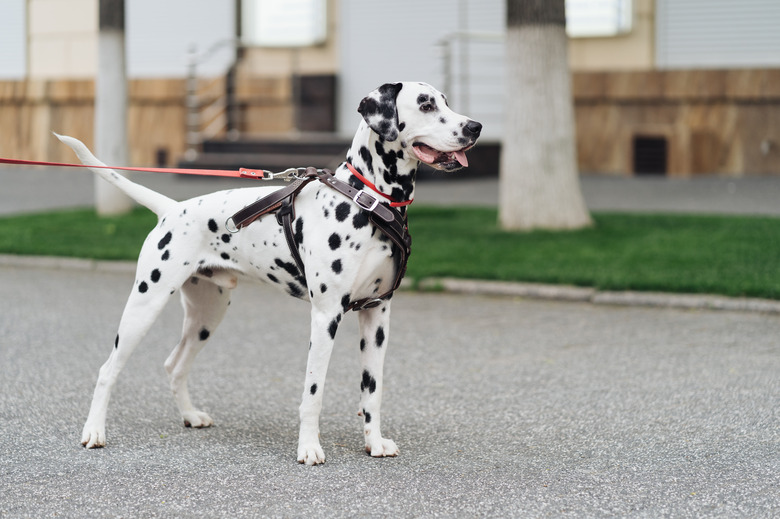Are Dogs Still Sexually Active After Being Fixed?
While male dogs can still have sex after being neutered, their reduced testosterone level makes them less amorous. They also can't impregnate a female. Female dogs who are spayed no longer go through their heat cycles and become less aggressive toward male dogs.
You might still see your dog displaying what looks like mating behavior (humping) after being fixed, but this is common and doesn't mean you have to worry about whether the surgery worked and if your dog will have puppies or not. Talking with your vet, pet sitter, or a behavior trainer about any sexual behavior you see in your dog after he is fixed will help you understand what your pet might be going through.
Male dogs are neutered
Male dogs
are neutered
The procedure for "fixing" male dogs is known as neutering. A neutered dog loses his testicles and can't create sperm or impregnate a female dog. His testosterone level is lowered as a result. The procedure takes place at the vet's office or animal clinic and typically takes place in less than 20 minutes. While female surgery can be as quick as 20 minutes, it can also last up to 90 minutes.
In addition to preventing more litters, neutering has other physical and behavioral health benefits for dogs. It can help reduce the risk for tumors and infections and can help reduce aggressiveness and anxiety. Based on your dog's sex, age, breed, and other factors, your vet might recommend that your dog be fixed and sooner than later in many cases.
Female dogs are spayed
Female
dogs are spayed
To prevent them from getting pregnant and having more puppies, females are spayed, which removes their ovaries and uterus. Unlike the simple neutering procedure experienced by male dogs, spaying is more complicated surgery. However, your dog will likely recover in less than a week.
Even if you are not even considering neutering or spaying your dog at this time, it's important to talk to your vet about the benefits and timing sooner rather than later. Waiting until your dog gets older can increase the risk of physical and behavioral problems.
Myths associated with fixing dogs
Myths
associated with fixing dogs
As part of your plan to have your pet fixed, make sure you know the facts and don't believe the many myths associated with dog fixing. Many people are worried that fixing dogs will change their personality for the worse since they can't enjoy a natural behavior. In fact, the opposite is true — neutering and spaying dogs can eliminate aggressive and nervous behavior and helps them get along better with other dogs and humans.
Some people also believe that fixed dogs will become depressed and less active, thus gaining weight. Weight gain occurs when dogs don't exercise and eat too much. If your dog's metabolism slows slightly and temporarily after being fixed, it won't be the cause of any significant weight gain. If your dog starts becoming heavy after surgery, don't assume it's because of the surgery; look for other causes for the weight gain.
It's also a myth that it's a good idea to let your dog have one litter before spaying. In fact, spaying a dog before her first heat cycle can help reduce the risk of mammary tumors (breast cancer). Your vet will guide you regarding when to have your female dog spayed, which might require you to keep her away from male dogs until you can have the surgery performed.


